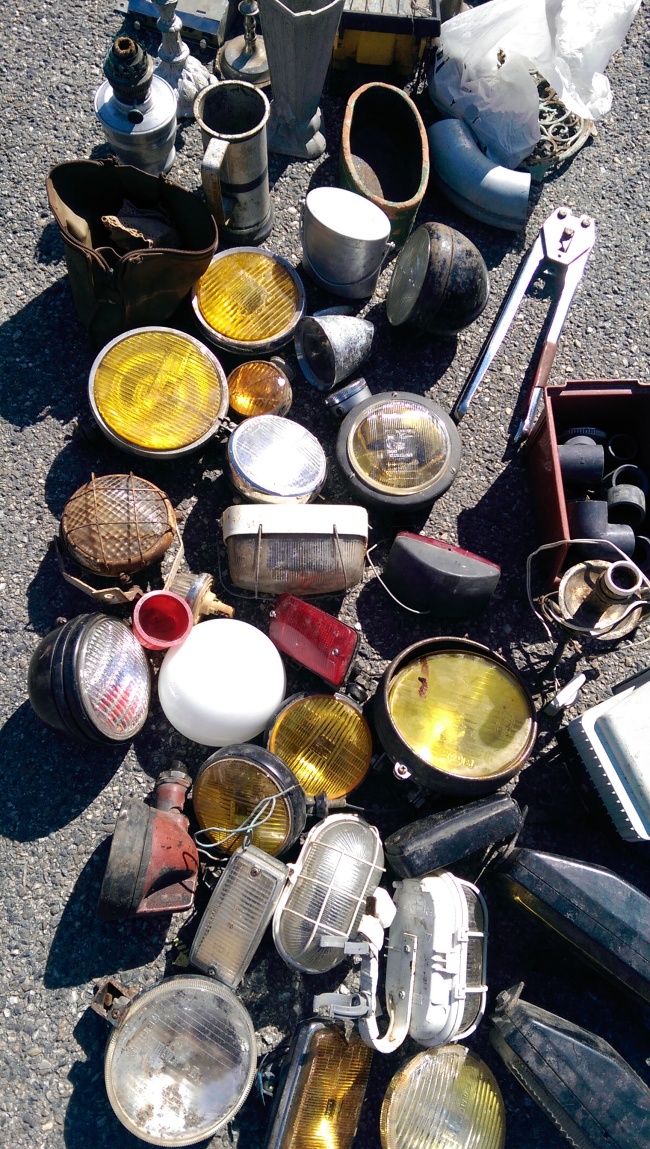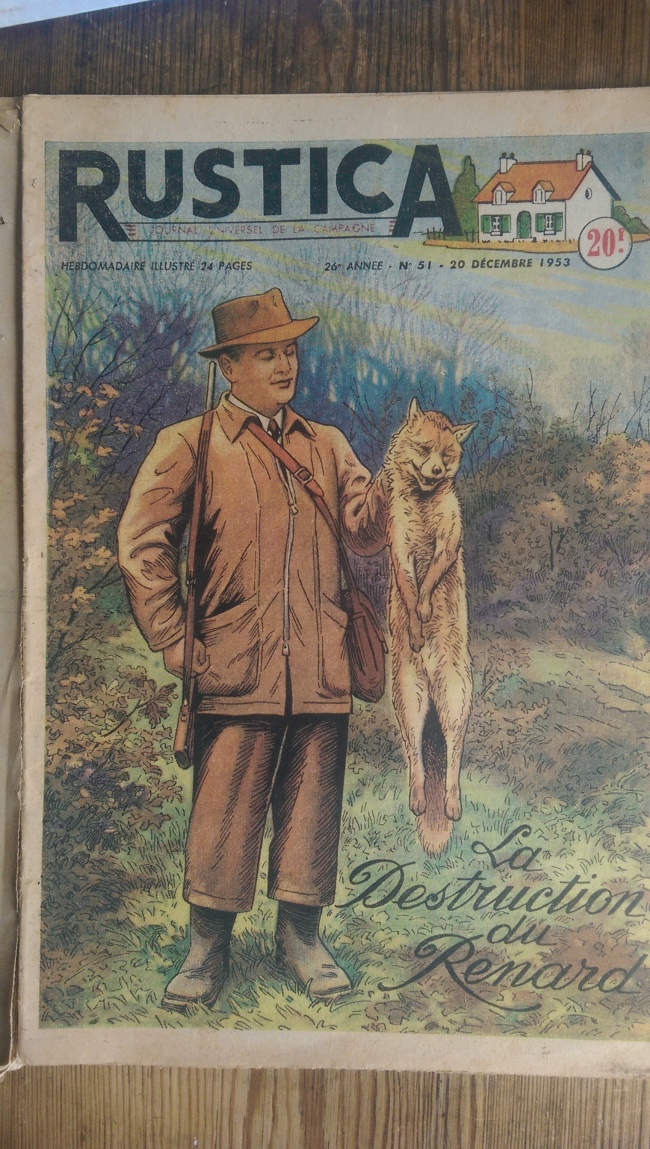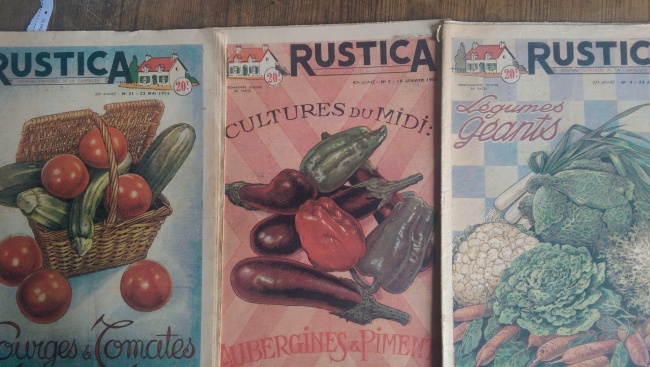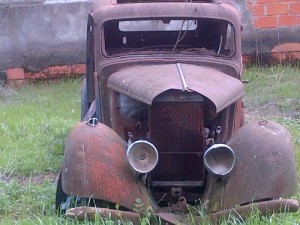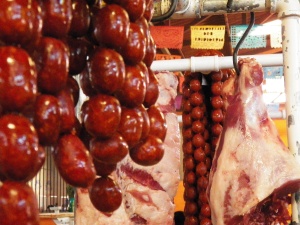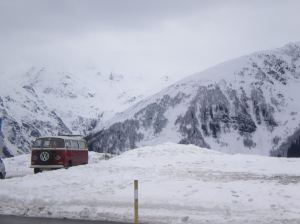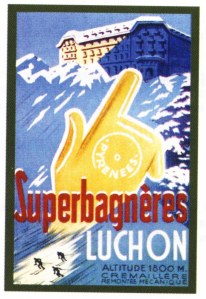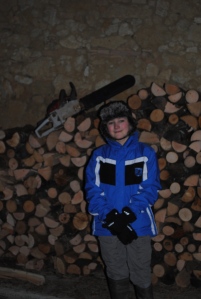In 1990, Norman Tebbit, a Tory politician so profoundly vile that he made Margaret Thatcher look cuddly, decided that the best way to judge whether an immigrant to the UK had integrated was to ask them about cricket. In particular, who did they support when England played against the country of their ancestors in a test match? It was a terrible idea that probably said a lot more about just how deeply scarred racists were by the brilliant West Indian sides of the preceding decades than it did about the loyalties of black and brown Britons.
Tebbit’s test was deliberately crude and controversial and it triggered a debate about whether immigrants should completely adopt the culture of their host country. Putting aside minor considerations such as whether host countries actually have mono-cultures that even the keenest immigrants can adopt, regional variations and deep-seated religious beliefs the general consensus emerged that a bit of integration is a good thing.
Many British people in France have picked up the ball and run with it. Far enough to impress Mo Farrah. In fact,integration levels have become the key arbiter in deciding a person’s worth. A kindly vicar who spends almost all of his disposable income on opening wells that allow some of the world’s poorest orphans a chance to attend school instead of labouring beneath a bucket-carrying yoke can be roundly despised if he spends his last few pounds on a Sky Sports subscription.
Equally, a braying, bullying snob can be forgiven all of their sins if they opt for the paté de tete entree followed by a dish that includes gesiers. If they can round it off with an ile flottante without mentioning that the custard is very runny all the better. Gleefully downing a digestif that could power a Bunsen burner ensures sainthood.
Assessing the levels of duck fat in the bloodstream could possibly work as a food based Tebbit test for anglophones in France but there is a real human rights issue with pinning them down to take the samples as well as a problem with vegetarians. You could of course argue that being a vegetarian in the land of foie gras completely rules out integration anyway but I daren’t. Better to look for a food-free, non-contentious way forward.
Attitudes to the chasse could be the litmus test. If you start to see them as harmless country folk who respect the land and eat what they shoot you’re integrated. If you still think of them as borderline psychopaths, grown men who enjoy dressing up as soldiers and discharging their weapons in public, you’re not settling in. If you think they seem disturbingly like the hillbillies from Deliverance and, despite the Gersoise accent rendering their conversations impenetrable, you’re convinced that one of them muttered, “Squeal like a piggy boy!” you might as well get back to your urban headquarters in London, Melbourne or Los Angeles. It could work if it wasn’t confused by issues involving gun control, the tastiness of wild boar, the desirability of white vans and whether hunting is better or worse when you use a crossbow. We all know that a bow and arrow makes it very much worse and opens up a whole range of issues best reserved for students of Lord of the Flies.
No, the Tebbit test for anglophone immigrants in France has to be based on attitudes to mixing electricity with water. Anyone brought up in the UK, USA, Canada or Australia knows that this is very wrong. So wrong that it haunts our psyche even at the most uncontrolled moments.
In one of the best passages in his masterpiece ‘Fear and Loathing in Las Vegas’ Hunter S Thompson, father of gonzo journalism and breaker of almost all social taboos considers killing himself. He is listening to Jefferson Airplane’s ‘White Rabbit’ in the bath while spending a few days in a hotel that has is hosting a conference for narcotics agents. He has taken a vast cocktail of hallucogens, opiates, booze and random chemicals and decides to plunge the radio into the bath water just as the guitars reach a crescendo and Grace Slick screams “Feed your head!”
But he doesn’t. Even after spending several days operating as a human drug hoover one of the most depraved social outlaws of our times knew deep down not to mix water and electricity. Somewhere in his addled brain a deep-seated instinct said, “Hunter, that would be dangerous.” And he listened.
This contrasts sharply with the actual death of Claude ‘Clo-Clo’ Francois which left the world of Gallic pop traumatised. He was the smiling, dancing and singing, clean living antithesis of the likes of Thompson. Outside France he was viewed as a French Cliff Richard, which was a compliment at the time.
Inside France he was revered and ranked alongside Johnny Halliday as a star whose unthreatening appeal spanned the generations. On March 11 1978 he went for a shower and, just as he was finishing, he noticed that the bulb in the light directly above the cubicle had gone out. No deep seated instinct spoke to him so he started to adjust the electrical fitting while his feet were still in the water. Claude saw no problem with mixing electricity and water and, as a result, died instantly.
Now, Clo-Clo might have been particularly cavalier in his approach but his demise is a reminder that one fundamental and distinctive element of French culture is a complete disregard for electrical safety procedures. Which leads me to my Tebbit test – would you consider installing this integrated sink/draining board combined with a hob? Choose one answer and then check beneath the photo for your results.
a) No, it is clearly extraordinarily dangerous.
b) Not in my house but it might be OK for the gite. I’ll provide rubber gloves.
c) Yes, why not? I can see the space saving potential.
If you answered:
a) After all this time you’re not even a bit French. If Britain leaves the EU you’ll be deported.
b) You’re part-French, part-British but all landlord.
c) Hoist the tricolor! You have become fully Gallic and might start to find the lanes at roundabouts confusing.




